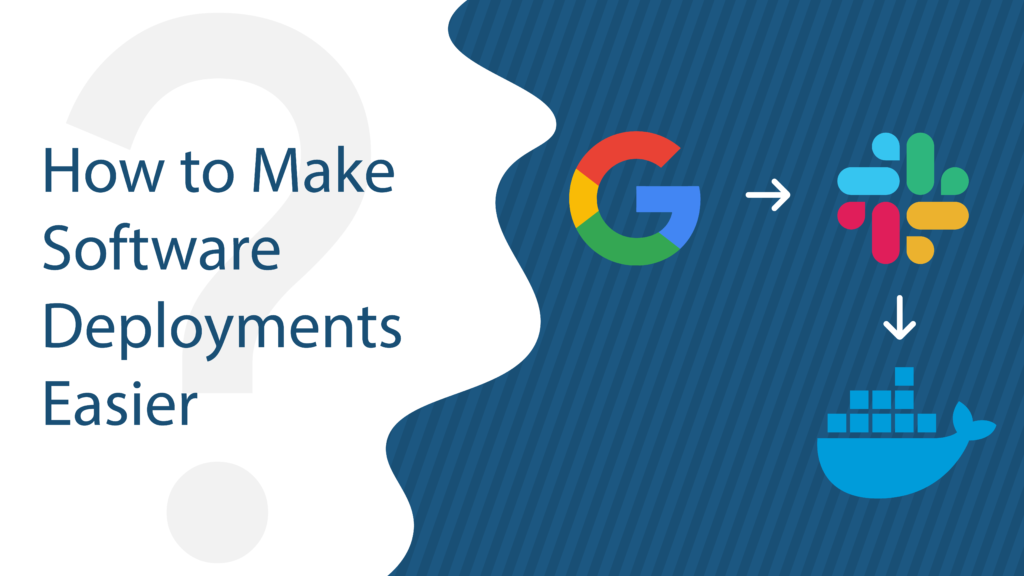Machine Learning is a hot topic but still seems somewhat “out of grasp” for most people. The reality is, machine learning is fairly accessible, particularly to those who have a computer science and/or statistics background. If you’re looking to dive in and experiment with machine learning yourself, here are the top 3 machine learning tools to get you going.
The power of machine learning
Machine learning is an unbelievably powerful concept that allows businesses and individuals to make better decisions, dissect complex data, and make predictions of future outcomes and behavior.
Machine learning generates models and associations by digesting huge amounts of data and identifying relationships.
It is the next-generation evolution of statistical approaches, allowing machines to accomplish in seconds what often took humans weeks or was unattainable.
This post will dive into our top 3 machine learning tools, allowing people of all experience levels an opportunity to experiment with the technology.
The top 3 machine learning tools
1. Bigml.com
Bigml.com is an incredibly powerful machine learning tool. But unlike others on this list, it is designed to be “shockingly simple,” allowing non-programmers to take full advantage of machine learning power.
One of its taglines is: “Start making Data-driven Decisions today! No more wildly expensive or painful solutions.”
You can also use Bigml.com for free in many cases, allowing you to learn and use it without investing. In fact, you can run an unlimited 16MB or under transactions, which is plenty for most use cases.
If you want to take it further and use it in an enterprise environment, it’s possible to use their cloud version, a self-managed version, and even an on-premise instance.
As an added bonus, you can access its models directly from Google Sheets, putting your data and learning all in one spot.
If you have an understanding of statistics but not software engineering, you’ll be able to start up with Bigml right away. This makes it a unique entry in this category.
2. Google Cloud Platform
Google offers an entire suite of machine learning and cloud AI tools. Google’s platform allows you to use your TensorFlow framework, which is the backbone of Google’s own projects.
Like Bigml.com, Google’s Machine Learning tools are designed to be easy to use. However, you will probably want existing familiarity with Google Cloud Platform, which is geared toward developers and software engineers.
Once you’re in, you’ll be able to deploy highly scalable models, use Google’s tuning engines, throw terabytes of data into deep learning, and start making predictions and better decisions.
We are big fans of Google’s ecosystem, but you can find comparable solutions in Microsoft Azure Machine Learning Studio, IBM Watson, and Amazon Web Services Machine Learning.
3. R and R Studio
If you’re looking to dive into the details and explore the intricacies of machine learning directly yourself, R (r-project.org) is a fantastic option.
R has been around for many years and has been the backbone of statistics projects at both campuses and companies.
R Studio is designed to make R “easier to use.” It pulls together a nice interface and some additional packages.
R can be a little intimidating to start. It has a specific language and approach. But once you get past the initial hurdle, you’ll find it incredibly flexible and empowering. Here is a great first project to get started with: Machine Learning in R Step-by-Step.
Conclusion
Machine learning has been the domain of a few select specialists, but it is rapidly becoming much more accessible and available to folks who have the interest and/or background to explore the concepts. What are your favorite machine learning tools?






